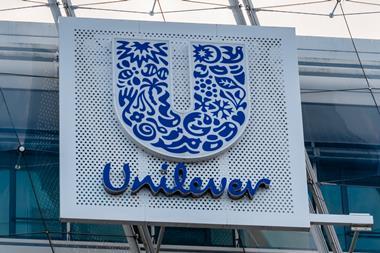
The government needs to demonstrate it is keeping a close watch on factors that affect the cost of living. If it doesn’t find a scapegoat, the government itself will be blamed for mismanaging the economy and causing the crisis.
Having found retailers guilty of not returning fuel prices back to former levels, the second stage of this witch hunt – the CMA ruling announced last week – concluded retailers have not been profiteering on food. Over 40-odd pages, the report details glaringly obvious findings: retail profits have fallen, while supermarkets have lost share to the discounters. It amounts to a colossal waste of time and money.
The announcement by the CEO of the CMA reads as if it’s a one-all draw in the contest against supermarkets: “retailers might be OK on food, but we got ‘em on petrol”. The truth is, fuel – or any single category – cannot be taken in isolation. Clearly if these retailers had brought fuel prices down more quickly, they’d have lost even more profit in the period.
All retailers manage their proposition with painstakingly accurate targeting. The supermarket channel has traditionally used fuel as a loss leader, minimising margin to attract shoppers and grasp new grocery sales.
Inside the store, aisle by aisle, categories are positioned according to their role in the total business. Some categories, like fuel, have been designated a ‘destination’ with especially good pricing, promotions and extended choice. These are balanced by ‘convenience’ categories, which are not so keenly priced but are there to help the shopper have a convenient one-stop shop.
The mix of sales brings a balanced margin performance and, if they have selected category roles well, the whole proposition will keep shoppers loyal. If not, retailers will lose shoppers and share of market.
The CMA doesn’t attempt to understand that retailers can reassess their category role choices at any time. Petrol doesn’t need to be a loss leader. They could switch to ready meals, bread, fresh vegetables, dairy or any other category to project a new proposition to their target shopper. They do so at their own risk. The CMA has simply pointed out fuel is no longer a preferred loss-leading category – that’s all.
Given the profit declines across food, it makes sense that retailers prioritised groceries over fuel in achieving a margin mix. Overall margins are still down, so overall they cannot be criticised on pricing.
The CMA can’t say it found no fault in food but did catch out supermarkets on fuel. Its latest outcome shows its criticism on fuel was incorrect – and retailers can be forgiven for easing the aggressive price cuts in this area.



















No comments yet